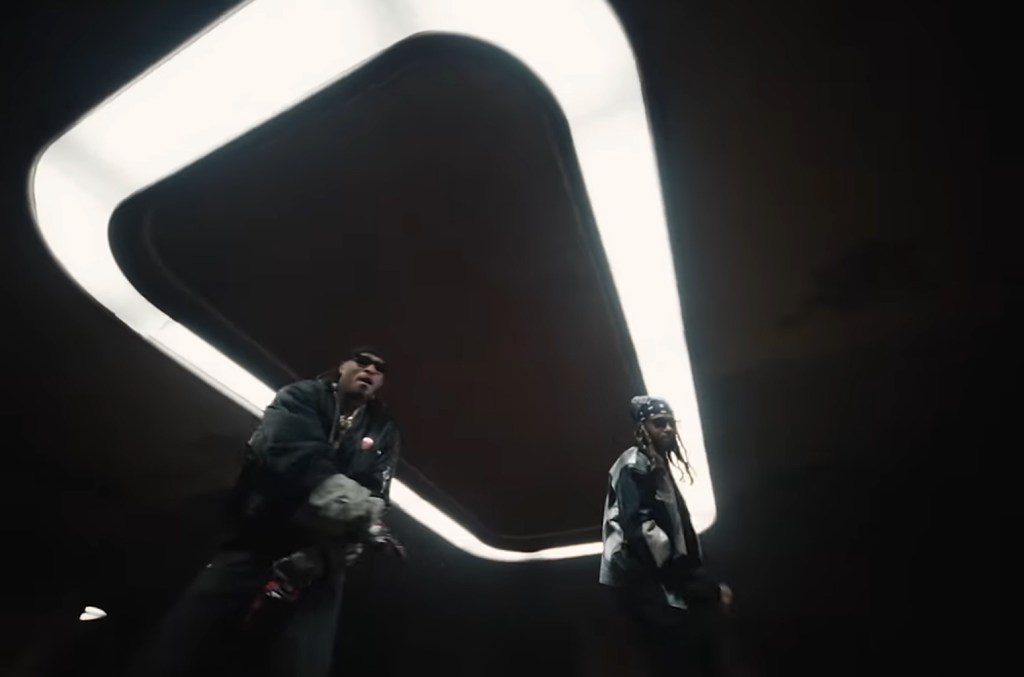Campaign saves 140 UK music venues from "critical" danger for now – but "support and government action" is still needed
Around 140 UK music venues at risk of permanent closure due to the coronavirus lockdown have been temporarily saved thanks to a campaign, but the fight is far from over yet.
Last month saw the Music Venue Trust launch the Save Our Venues campaign, with a crowdfunding bid to prevent 556 independent UK venues from closure and stop “damage that would undermine the UK music industry for 20-30 years”.
Now after three weeks of online fundraising performances and donations from music fans, music industry companies and other organisations raising over £1.5million, MVT have announced that 140 of their venues no longer face the threat of imminent closure.
However, the Trust say that more donations and government support are required in the weeks ahead to keep the grassroots heart of the touring circuit alive.
“The fact we have managed to remove 140 grassroots music venues off of our critical list in the last three weeks is, of course, a cause for celebration. But we are not complacent as this is only a relatively short-term fix,” said Music Venue Trust CEO Mark Davyd. “Whilst the immediate threat of closure for these venues has been halted, they are still under real threat in the coming months as are over 400 others.
“This is a good start and we can’t emphasise how grateful we are to those music fans, music industry companies and public organisations who have supported the #saveourvenues campaign so far, but we cannot relax as we still have a mountain to climb to secure the long-term future of this sector. We still desperately need more music industry companies to step up and help with donations alongside real action from government specifically around rent relief, more financial help and clearer guidance.”

Speaking to NME, Davyd said that there was still a very real threat that without government support “some or all of these [venues] could roll back into threat of closure”.
“The response has been incredible and so many people have done so much, but can we do that for another six months? I don’t think so,” Davyd told NME. “And not only that, but I don’t think we should have to. These venues are absolutely vital to the music industry and the development of talent, and they’re not that expensive to save in terms of government expenditure.
“It would cost about half a million per day, which may sound like a lot but isn’t in comparison to the government, who earn from their £5.2billion of income every year out of the music industry which starts in these venues. You’d have to be a pretty bad economist not to realise that’s a pretty good deal.”
As well as calling for a clear strategy to protect venues in the long-term when the next phase of lockdown easing is expected to begin in early June, Davyd also argued that the government should consider allowing rent freezes.
“The whole sector is doing what it can: artists, audiences, venues, everybody,” he said. “What’s needed now is government action that responds to that support and passion with action on the one thing that is going to close more venues than anything else: rent.
“A rent-free period while the venues are closed would solve about 60% of their problems. What [the government] have done is say that they can’t be evicted while they’re closed, but they’ll just be evicted as soon as they open. That’s already happened to one venue we’re working with. Landlords would like to give out rent-free periods, but they don’t have the money to do it.”
He added: “What’s keeping these venues closed is dedication to public health and government policy. It would be fundamentally unethical for either of those reasons to be why venues shut down for good.”

Last month, a number of UK venues also spoke to NME about their concerns and requirements if socially-distanced indoor gigs were to be allowed, with the Music Venue Trust detailing that a number of safe and financially viable solutions were being discussed. Davyd said that these discussions were still ongoing, and that this summer’s major festivals and larger outdoor shows being cancelled did not mean that there would be no live music until 2021.
“I think those people are talking about a very specific and subjective vision about what live music is,” Davyd added. “It seems to me that live music will take place this year. People need to stop thinking that just because Beyoncé can’t play The O2 – which is terrible – that it also means your local music scene can’t start up somehow.”
“There are voices who are fundamentally against social distancing at gigs in any case, and I don’t disagree with them. Socialising is part of the entire concept of it. But equally, there’s also folk music and jazz clubs. It’s just about figuring out where it takes place and how it can be safe. At a grassroots level we’re far too innovative to just say, ‘All live music is cancelled for the year’.”
Visit here to donate to the Save Our Venues campaign, where artists are also encouraged to sign up to play online fundraising gigs.




